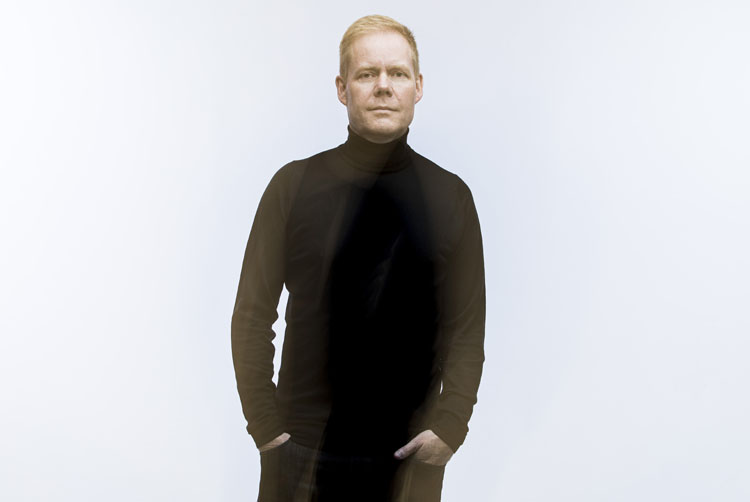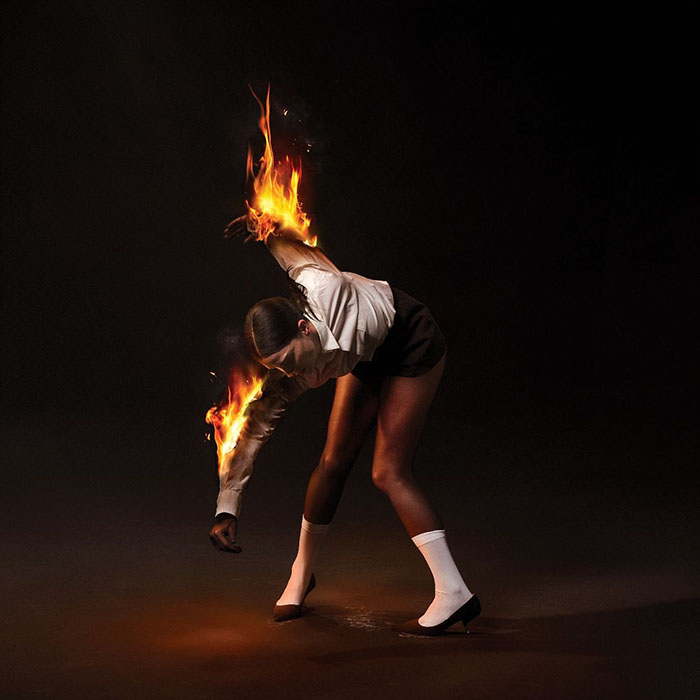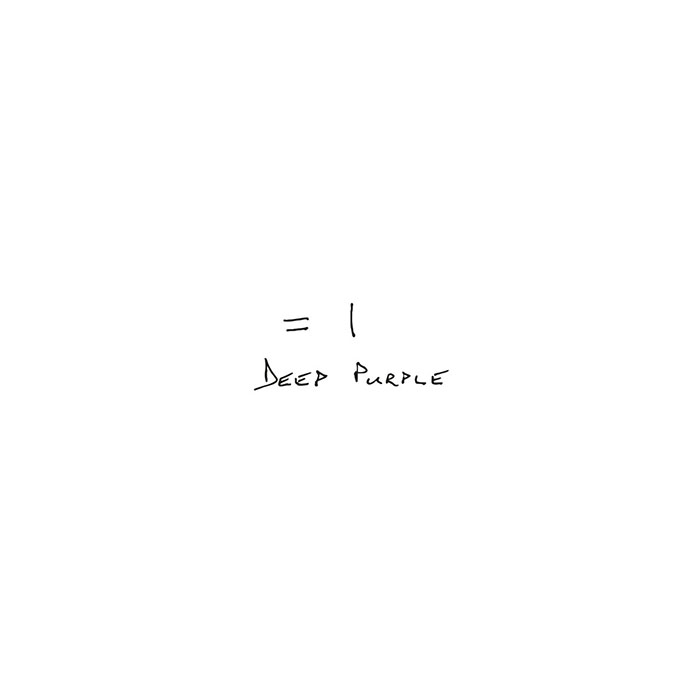Over a decade after its inception, ground-breaking composer Max Richter announces the release of VOICES – a major new recording project inspired by the Universal Declaration of Human Rights. The first single from his uplifting new work, which he describes as “a place to think and reflect”, is out today via Decca Records. It is the latest album from the innovative, billion-streaming artist behind landmark 2015 composition SLEEP, which continues to evolve five years on with the launch of a new app. Available to download now, the app enables listeners to reimagine the 8-hour Deutsche Grammophon recording in custom-made musical sessions to help with focus, meditation and sleep. At the heart of both VOICES and SLEEP is a profound sense of global community, born out of Richter’s career-long view of music as activism and his desire to unite audiences worldwide.
In a time of dramatic global change, VOICES offers a musical message of hope. Max Richter invited people around the world to be part of the piece, crowd-sourcing readings of the Universal Declaration of Human Rights to be interwoven into the work, which features an ‘upside-down’ orchestra. He received hundreds of submissions in over 70 languages. These readings form the aural landscape that the music flows through: they are the VOICES of the title.
Adopted by the United Nations General Assembly in 1948, in the aftermath of the Second World War, the Universal Declaration of Human Rights was drafted by a group of philosophers, artists and thinkers convened by Eleanor Roosevelt to address the great questions of the time. The voice of Roosevelt can be heard at the start of VOICES, as Richter incorporates the 1949 recording of the preamble to the Declaration into his piece. Alongside Roosevelt and the crowd-sourced VOICES, there is also narration by acclaimed US actor Kiki Layne (If Beale Street Could Talk) whose distinctive tones complement the choral, orchestral and electronic soundscape.
Max Richter explains, “I like the idea of a piece of music as a place to think, and it is clear we all have some thinking to do at the moment. We live in a hugely challenging time and, looking around at the world we have made, it’s easy to feel hopeless or angry. But, just as the problems we face are of our own making, so their solutions are within our reach, and the Universal Declaration of Human Rights is something that offers us a way forward. Although it isn’t a perfect document, the declaration does represent an inspiring vision for the possibility of better and kinder world.”
VOICES had its world premiere in London in February, with more than 60 musicians performing live on the Barbican www. The music involves a radical reimagining of the traditional orchestra formation. “It came out of this idea of the world being turned upside down, our sense of what’s normal being subverted, so I have turned the orchestra upside down in terms of the proportion of instruments,” says Richter. He has scored the work for 12 double basses, 24 cellos, 6 violas, 8 violins and a harp. They are joined by a wordless 12-piece choir as well as Richter on keyboards, violin soloist Mari Samuelsen, soprano Grace Davidson and conductor Robert Ziegler. The striking visuals for this large-scale project are by Richter’s creative partner, artist and film-maker Yulia Mahr.
VOICES is Max Richter’s ninth studio album, following on from such trailblazing recordings as Memoryhouse (2002), The Blue Notebooks (2004), Infra (2010), Recomposed: Vivaldi – The Four Seasons (2012) and most recently SLEEP (2015). Five years after it was released, SLEEP continues to be a global hit: it returned to No.1 on the US Billboard classical chart in March; it was broadcast in its entirety on international radio stations in April; and it has now earned over 450 million streams.
The latest incarnation of SLEEP sees the 8-hour work transformed into a new app of the same name. It enables users to create personalised musical sessions for a chosen period, with planetary animations programmed according to SLEEP’s musical themes. Each of the sessions – Sleep, Meditate and Focus – has its own musical sequence, developed in collaboration with Richter, and he has even composed a new wake-up alarm sound especially for the app.
Max Richter says of the app: “I’m happy that the SLEEP app is finally with us; it has been a labour of love for all involved and it has turned out beautifully. The way that the app allows listeners to make a unique and personal journey through the landscape of SLEEP is remarkable and conveys the spirit of the music in a completely new way.”
SLEEP has become an international phenomenon thanks to Richter’s astonishing ability to connect with music-lovers around the world in new and innovative ways. Last year saw the release of a documentary, Max Richter’s Sleep, premiered at Sundance Film Festival, exploring his remarkable artistic process and the unique challenges of putting on overnight performances – with audiences in beds, not seats.
With VOICES and the SLEEP app, Max Richter continues to push the boundaries of music, art and technology – forging new creative paths to embrace listeners worldwide. These new projects are not only a showcase of his extraordinary talent, but also a call to contemplation and a celebration of community in changing times.








